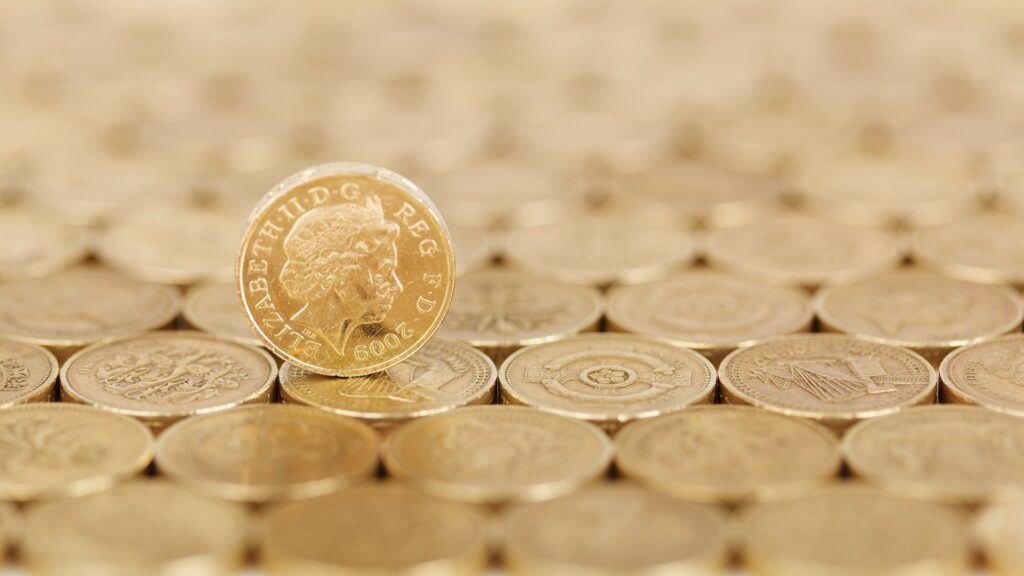We see exciting, dramatic scenes in a movie where traders shout across the trading floor of the stock exchange. It seems like another world. A world full or jargon: bear markets, mutual finds, life insurance… all sorts of gobble. But the stock market affects (directly or indirectly) all of our lives. And how does the stock market affect my life? This post explains.
What is the stock market?
The stock market is simple. It’s the trading place where stocks in companies are bought and sold. A stock is a small part of a company. The most famous stock exchange is the New York Stock Exchange. There are two other famous ones, London and Tokyo. You can either buy individual stocks (for example, a stock in google) or funds in the stock market. Funds are groups of stocks; they can either be selected by a fund manager who trades on people’s behalf or, they can follow an index metric. These index metrics follow, for example, the best performing stock on a particular stock exchange or in a specific field. Some well-known examples are the Dow Jones Index, the S&P500, or the FTSE100.
What are stock markets important?
Stock markets allow companies to raise vast amounts of capital very quickly. They sell stocks, and the money they make from selling them is capital they have immediately to use however they wish.

How does the stock market affect the economy?
Sometimes the economy and the stock market are interlinked, but they are different. In some instances, they act in entirely opposite ways.
When the stock market crashed in 2008, it caused a recession. That is an example of the stock market and the economy being linked. But they can’t be exactly the same; the stock market is meant to reasonably predict and anticipate what is about to happen. If the stock market has predicted the burst- it would not have materialised. Specialists would have acted to prevent it.
A good example of how they work interlinked but dependently of each other is to look at what happened during the coronavirus pandemic. The economy completely crashed; unemployment was high, governments began their biggest stimulus packages, millions pf people lost work and got very sick. All of these are signs of a very bad economy. Yet throughout these times, the stock market was ok.
Why was the stock market ok during the coronavirus pandemic?
There’s a number of reasons. Firstly, often in these situations companies do what is called stock-buy backs. This means They spend their own money to buy back stock on the open market. By buying huge amounts of these stocks, they are effectively investing in themselves as pushing the stock prices up. Another reasons is the stock markets are predominantly dominated by the tech industry. This industry boomed in the early stages of the pandemic as all IT services suddenly grew with the increase in people working remotely. Because tech disproportionality represents the stock market- its effects are also disproportionate.
When governments pump money into the economy, it sends a sign of economic recovery to the stock markets, meaning less risk. That means they can trade with more security and keep their attitude to risk roughly constant. Then, there is also the fact that interest rates were so low throughout the pandemic. For big firms, this meant that investing in bonds (lower risk product) had lower returns. Those who had money (and it is always the wealthy who are less likely to lose out) even gained from the pandemic

How does the stock market affect me if I don’t invest?
You probably do invest, even if it’s indirectly. If you have a pension, the money in your pension is invested on your behalf by investors working for the pensions company. If you have a savings account, you effectively give your money to a bank. Your money will not be not sitting as cash in a vault. The bank invests your money to gain money for themselves – you just don’t get the profits, the bank does. So the decisions of which pensions fund to choose or which bank you hold your savings account with is related to the stock market.
In terms of everyday life, the stock market will affect things like house prices; you not to any level that you need to understand the stock market- you can just look at the effects. For example, you can look up current house prices. If you’re making a big, personal finance decision, it makes sense to speak to a financial advisor anyway.
How do investments affect the world?
But if you’re interested in the world, the stock market, in many ways, is also the growth bed for the next big technologies. If you support renewable energy and low carbon technologies- the stock market is somewhere you can invest in those things. So although its not affecting you- are you are missing your on your opportunity to ‘vote with your money’ so to speak.
Your £100 will not be the changing factor between renewable and non-renewable energy. But your £100 is your economic vote. The type of things people care about sets a trend. If people put their money into low-risk renewable funds, they are showing their favourable values towards renewables. It’s arguably even more powerful than your individual political vote. If renewable stocks begin to do well, more people will back future renewable stocks as they have a better chance of flourishing.

Conclusions: how does the stock market affect my life?
Hopefully, this post has given you a better idea of what the stock market is. It doesn’t necessarily affect your life if you don’t invest. But, even if you don’t think you invest, you probably have some indirect investments. Therefore, although it doesn’t affect you day to day, you might be missing out on an opportunity to vote with your money.
Of course, if there is an economic crash and gross domestic product (GDP) drops massively, there will be job losses and unemployment; that will affect your life. If the government has to spend more money on social services, they may cut down spending to re-balance their books in the future. This can lead to Austerity measures that will be hard-hitting. These policy measures can cut community funding, including parks and libraries, health services, and many services we enjoy using.
The economy will also affect interest rates. Again, none of these things is directly related to the stock market every day, but the state of the economy is related to the stock market. The economy is more closely related to our lives.
Overall, responsible, knowledgeable, and safe investments in the stock market are an opportunity you might miss if you don’t engage. It will not have a significant effect on your life otherwise.
Some other economics posts from the blog:
- What is the economy?
- The economic cycle?
- What do governments do in economic crises?
- How does the Bank of England control Interest rates?
- Top three important things to know about the economy
- Understand economics intuitively
References:
https://tcf.org/content/commentary/stock-market-not-economy/?agreed=1

